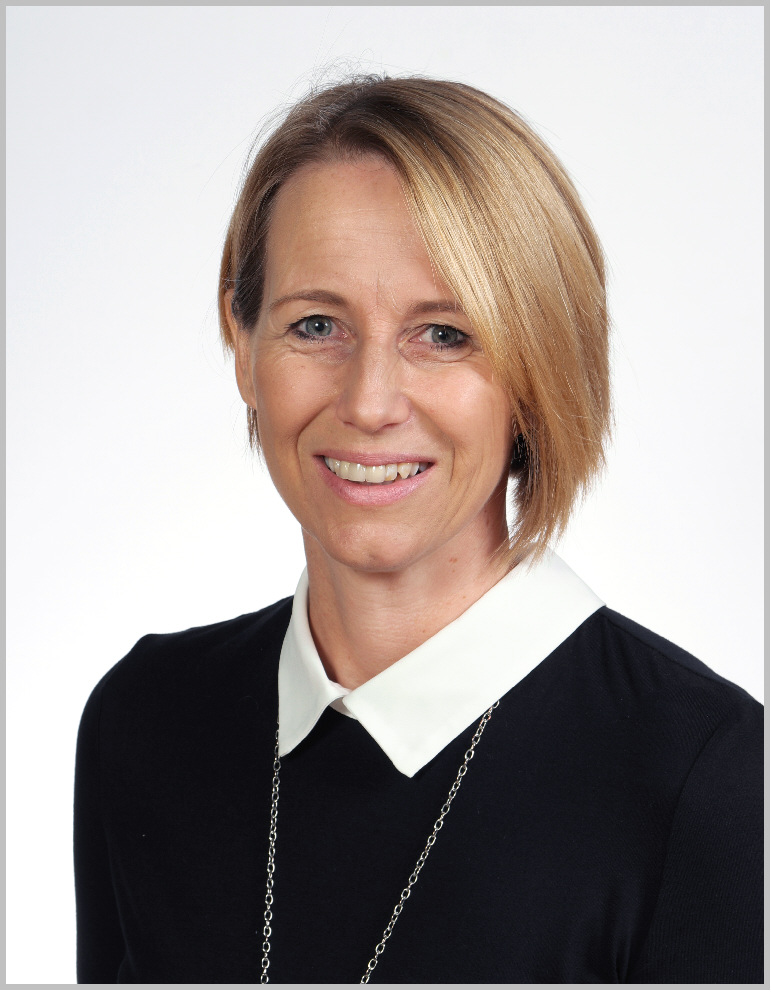BTEC Health & Social Care
In Health and Social Care, you will learn about the human body and how it changes over time. You will also learn about what it means to work in the sector and what skills and behaviours you will need to demonstrate.
If you are interested in a career in the health sector, social care sector or teaching, you will find this course of particular benefit. It provides an insight into health and social care professions with varied and exciting links to all aspects of health and social care.

Entry Requirements
5 GCSE Grades 4+
Content
This course is equivalent to one A Level.
The Pearson Level 3 Extended Certificate qualification has three mandatory units covering the following topics:
- Unit 1: Human Lifespan and Development
- Unit 2: Human Health and Biology
- Unit 3: Principles of Health and Social Care Practice. Plus one additional unit.
Plus 1 additional coursework unit from:
- Unit 4: Health, Policy and Wellbeing
- Unit 5: Promoting Health Education
- Unit 6: Safe Environments in Health and Social Care
- Unit 7: Health Science
In Year One you will study:
- Unit 1: Human Lifespan and Development
- Students examine physical, intellectual, emotional, and social development across the human lifespan, the interaction between biological and social factors in health and wellbeing and how healthcare professionals provide effective care.
- Unit 3: Principles of Health and Social Care Practice
This unit introduces you to the core values expected of NHS and social care professionals which underpin professional standards, skills and attributes and how these should be applied in practice to meet the needs of individuals in health and social care environments.
In Year Two you will study:
- Unit 2: Human Biology and Health
Students explore the organisation, structure and normal physiological functioning of the human body, and the effect on health of common disorders on the body system.
Plus 1 additional coursework unit from:
- Health, Social Policy and Wellbeing
- Promoting Health Education
- Safe Environments in Health and Social Care
- Health Science
Assessment
50% Examination, 50% Coursework
Am I right for the course?
If you want to make a positive difference in people’s lives, then studying Health and Social Care is for you. To study Health & Social Care, you need to be interested in working with people. It is also important that you develop a greater understanding of Health & Social Care professionals such as nurses and social workers and how they support individuals when they need help. This might include understanding the support that an elderly client with dementia might need.
- Important skills to develop include: empathy, communication and problem-solving.
These skills are transferable to a wide range of situations. Indeed, studying health and social care in everyday life will enable you to better understand institutions such as: The National Health Services (NHS) and Community Care.
Course Highlights
| Personal Development: |
Students will develop the following knowledge and skills from the mandatory and optional units.
|
Where Next?
Health and Social Care is a vocational qualification. For students who are interested in pursuing a career in a health or social care profession or seeking employment, the opportunities are endless.
Careers in the health, social care sectors or a progression route to continue on to a university degree in nursing, social work, teaching or counselling. It supports access to a range of HE courses if taken as part of a study programme that includes other qualifications.
FAQ's
- Do I have to have studied HSC at Level 2?
No, it would be helpful but not essential. - Is there a lot of written work?
Yes, the coursework units are all written work and there are long answer questions in external exams. - Do only girls do this course?
No, lots of boys have taken the level 3 qualification.
Health & Social Care A Level Teaching Staff

Subject Leader for
Health & Social Care
r.harrison@stwilfrids.com
